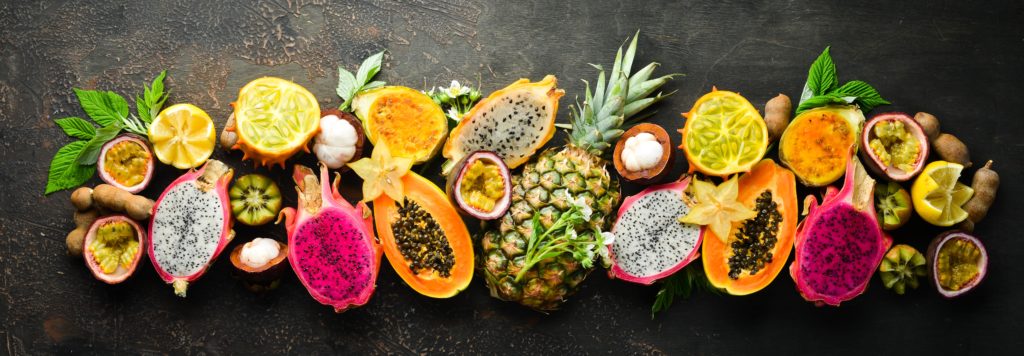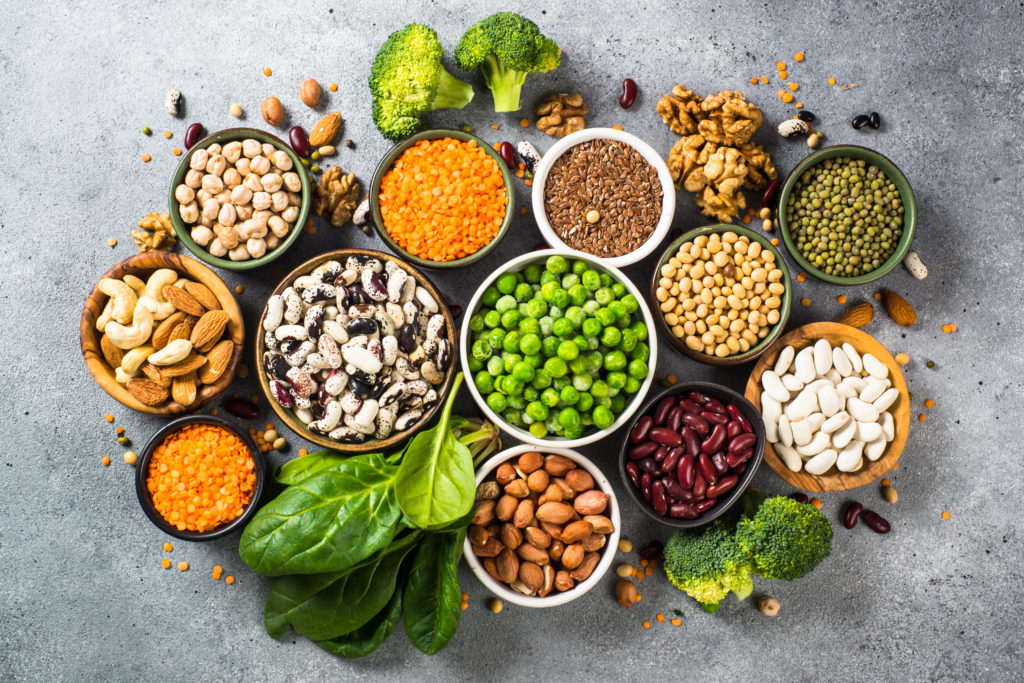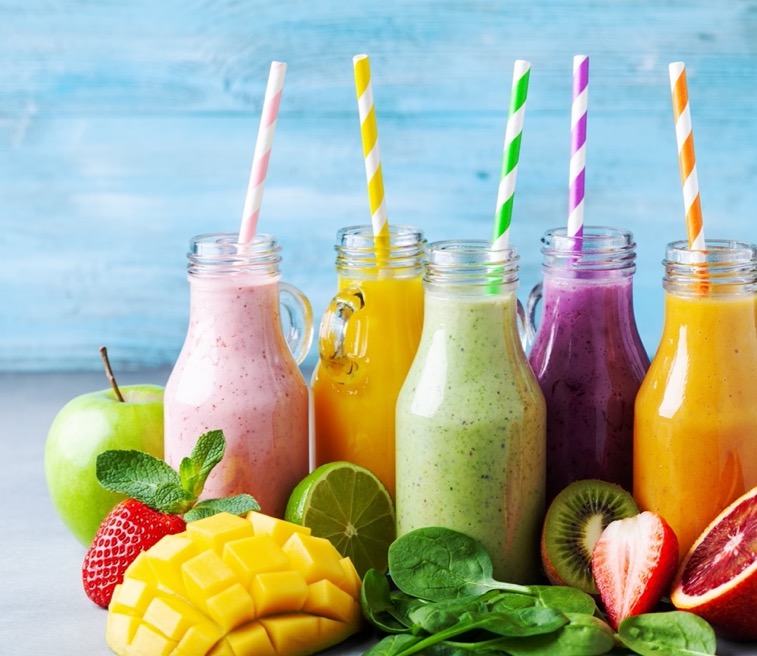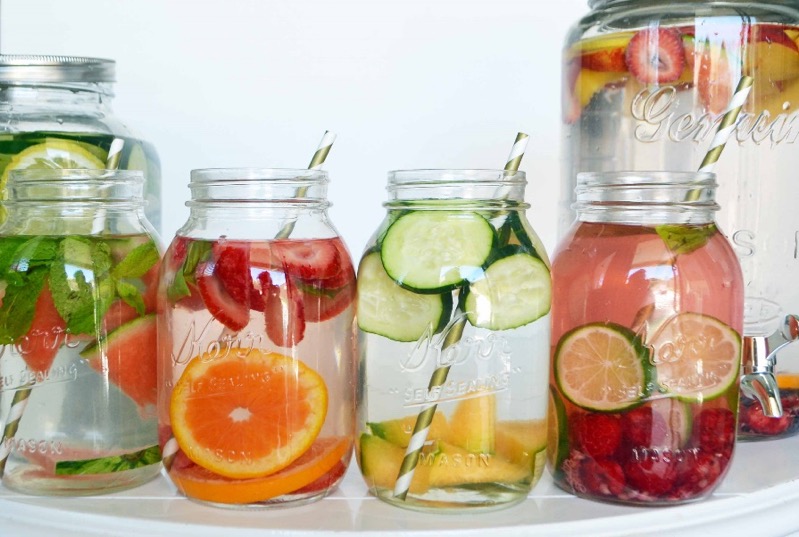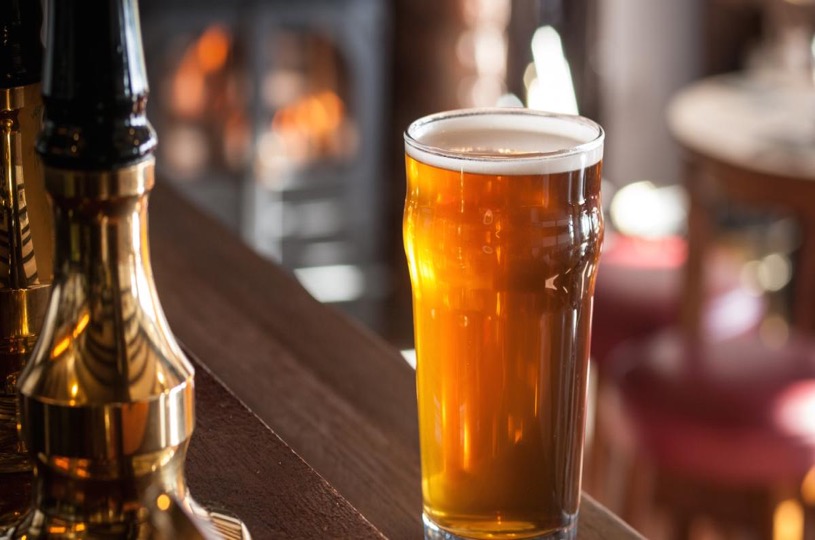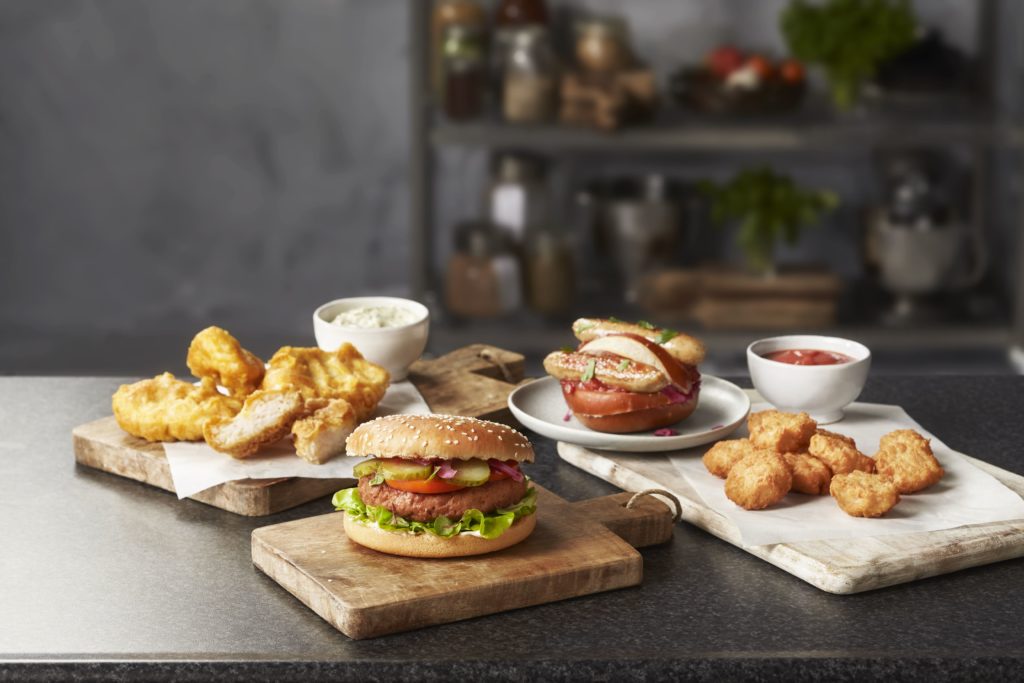Is plant-based protein the future of sustainable eating?
Environmental concerns and dietary changes
Growing concerns around climate change and environmental challenges are leading consumers to reconsider their eating habits. FMCG Gurus' consumer insights highlight that 59% of global consumers have adapted their diets in the last two years to contribute to a more environmentally friendly lifestyle. This indicates sustainability is becoming a core consideration in consumer choices, particularly food-related decision-making.
Among these consumers, 29% have reduced or eliminated meat entirely, highlighting how protein consumption habits are shifting. As global food systems face pressure from resource scarcity and population growth, plant-based proteins are gaining attention, not only as a lifestyle choice, but as a potential solution to long-term food security.
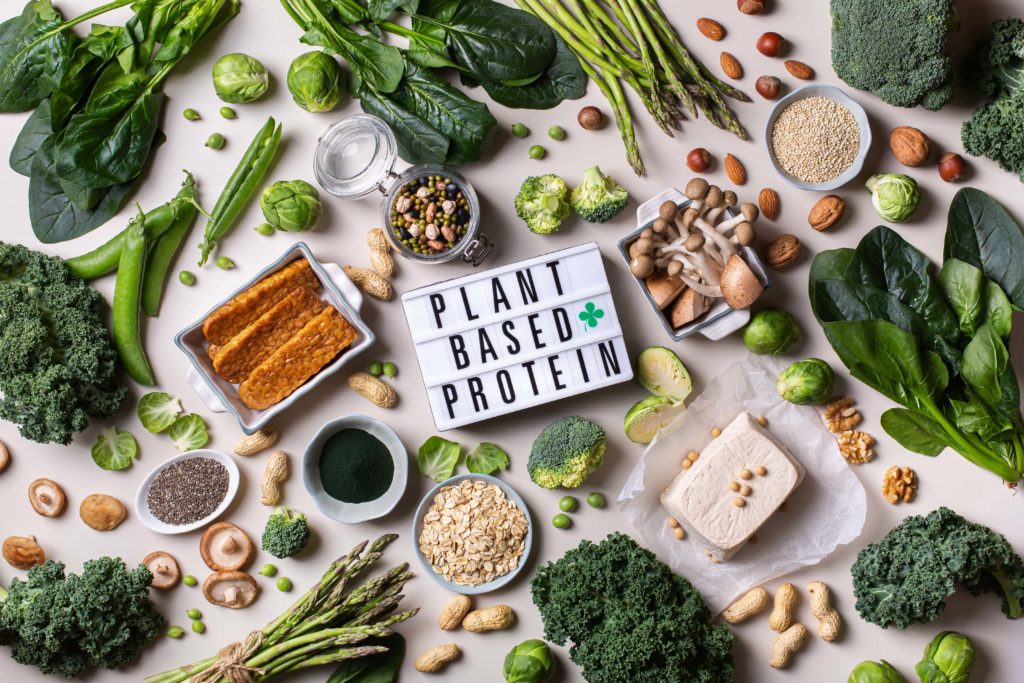
Consumer barriers: Nutrition and taste
Despite growing interest in plant-based protein, consumers remain hesitant to embrace this new alternative. Many consumers question the nutritional value of these products. In addition, they question whether they can substitute the sensory appeal of traditional meat protein.
FMCG Gurus' insights show 35% of consumers who avoid meat substitutes claim this is because of too many unfamiliar or artificial ingredients. This can often lead to the products seeming overly processed. As a result, this highlights rising expectations for natural ingredients and clean labels.
For other consumers, taste remains the top concern in product selection. When choosing plant-based dairy alternatives, 90% of consumers highlighted the importance of taste. Following this, 71% reported natural claims and 69% said price is important. These statistics suggest similar attitudes are likely to influence perceptions of plant-based protein, with sensory satisfaction playing a critical role in repeat purchasing.
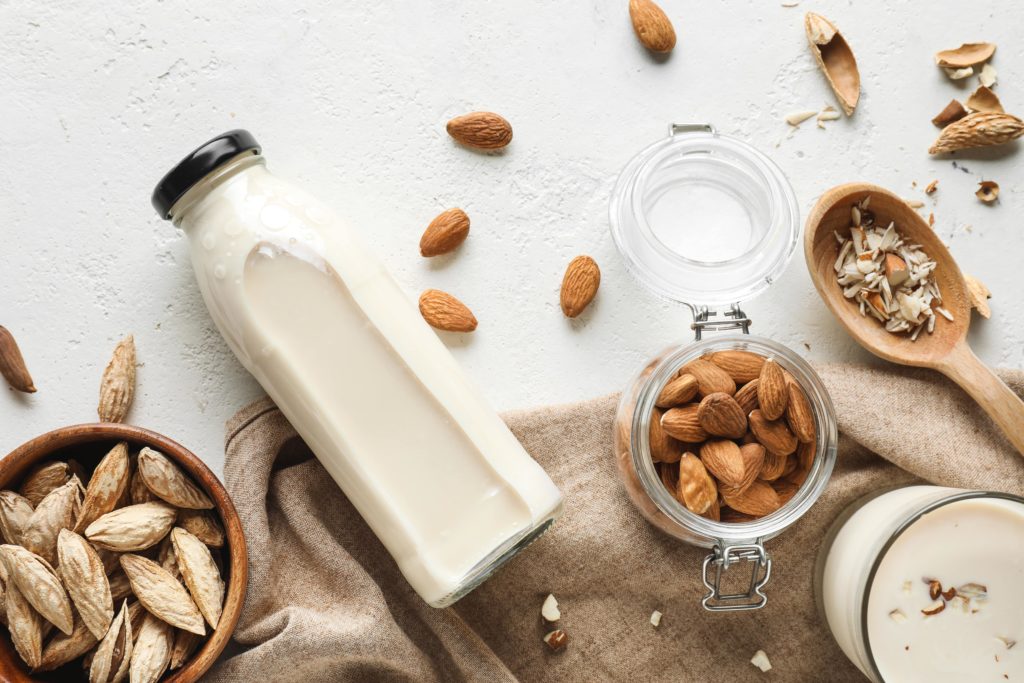
Consumption rates of plant-based products: Is there opportunity?
Despite these challenges, other plant-based categories, particularly plant-based dairy, show strong consumer uptake. Among those who buy these products, 84% consume plant-based milk weekly. Other segments are also emerging, with 21% purchasing plant-based sport nutrition drinks and 17% buying plant-based chocolate.
These figures suggest that whilst not all types of plant-based products see mainstream popularity, some are firmly embedded into consumer routines. Therefore, thoughtful development around taste and formulation could support higher appeal across the plant-based protein sector.
Positioning plant-based protein
As pressures build on finding sustainable food sources, plant-based protein is becoming a necessity to tackle food insecurity. However, to fulfil its potential brands must look beyond simply offering substitutes for traditional protein. Plant-based protein must be positioned as a desirable choice that meets sensory and nutritional needs, alongside consumers’ environmental values.
While challenges remain, many consumers have already shown a willingness to change their diets in support of environmental sustainability. This presents a valuable opportunity. By prioritising innovation, clean formulations, and gaining consumer trust, plant-based protein can play a key role in contributing to a more responsible food system in the decade ahead.
Discover more with FMCG Gurus’ Trend report: What's next for the plant-based protein market – 2025. For more details, contact us at info@fmcggurus.com.




